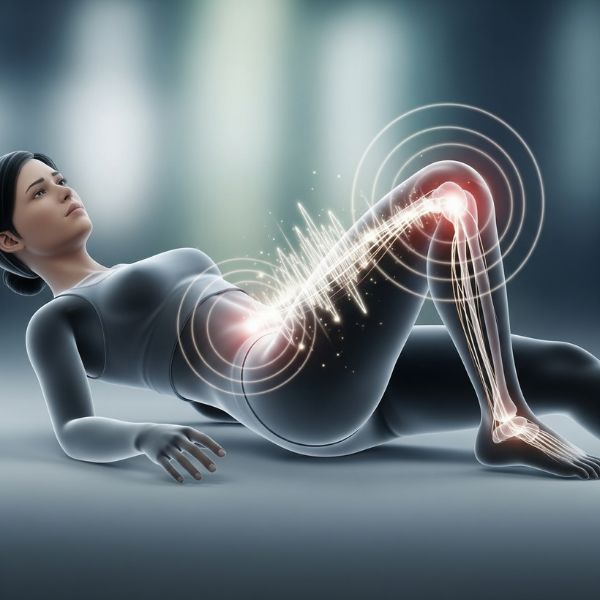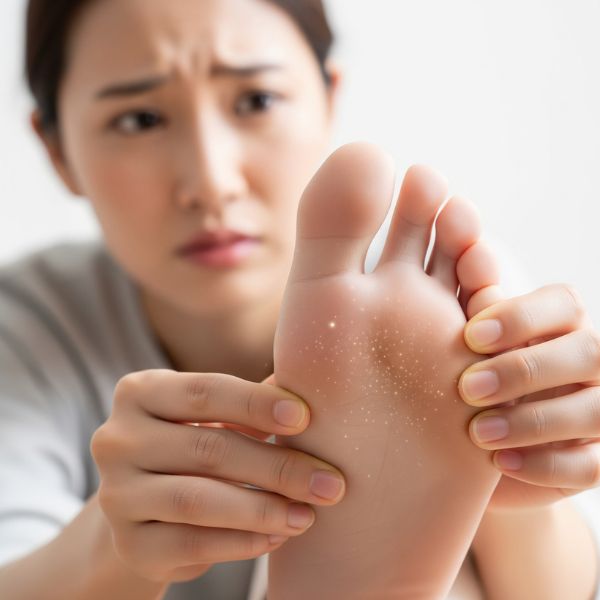6 Signs That You’re Suffering From a Lumbar Problem
At the Central Texas Spine Institute, we understand that lower back pain can be more than just a minor annoyance; it can disrupt your life, keeping you from your job, your family, and the activities you love here in Austin. While many aches and pains resolve on their own, some are signals from your body that something more serious is happening within your lumbar spine. Ignoring these signs can lead to worsening conditions and more complex problems down the road. Here are six key signs that you may be suffering from a significant lumbar issue. Schedule a consultation today.

Persistent, Nagging Lower Back Pain
We’re not talking about the temporary soreness you feel after a weekend of yard work. This is a persistent ache or sharp pain in your lower back that lasts for more than a few weeks. It might be a constant dull throb or a pain that flares up with certain movements. If rest, ice, and over-the-counter medications aren’t providing relief, it’s a clear indication that an underlying mechanical or structural problem needs to be evaluated by a spine specialist.

Pain That Radiates Down Your Leg
Have you ever felt a sharp, shooting pain that travels from your buttock down the back of your leg, sometimes even into your foot? This classic symptom is known as sciatica. It occurs when a spinal structure, such as a herniated disc or a bone spur, compresses the sciatic nerve. This radiating pain is one of the most common reasons patients seek lumbar treatment, as it signals direct nerve involvement.

Numbness, Tingling, or Weakness
Nerve compression doesn’t always cause pain. Sometimes, it manifests as numbness, a “pins-and-needles” sensation, or noticeable weakness in your leg or foot. You might find yourself tripping more often or struggling to lift the front of your foot (a condition called “foot drop”). These sensory changes are significant red flags that a nerve is being compromised, often a key symptom in conditions that may require degenerative disc disease treatment.

Pain That Changes with Position
Does your pain intensify after sitting for long periods, like at your desk or during your commute? Or perhaps it gets worse after standing or walking for a while? Pain that is dependent on your position often points to specific conditions. For example, pain that worsens with sitting can indicate pressure on a spinal disc, while pain that increases with standing and walking might be related to spinal stenosis. A top spine surgeon in Austin will use these details to help pinpoint the source of your problem.

Noticeable Stiffness and Loss of Flexibility
If you feel like your lower back has become rigid and unyielding, making it difficult to bend forward, twist, or even put on your shoes and socks, your spine is telling you something is wrong. This significant stiffness is your body’s way of guarding against painful movements and often points to inflammation, arthritis, or degenerative changes in the spinal joints.

Changes in Bowel or Bladder Function
While this is the rarest sign, it is by far the most urgent. The sudden onset of difficulty controlling your bowel or bladder, especially when paired with numbness in the “saddle” area (inner thighs and groin), can be a sign of Cauda Equina Syndrome. This is a medical emergency where major nerves at the base of the spinal cord are being severely compressed, and it may require immediate lumbar surgery or fusion to prevent permanent paralysis.
CALL TODAY
If any of these signs resonate with you, it’s time to stop guessing and get a definitive diagnosis. At the Central Texas Spine Institute, our patient-first philosophy means we explore every effective conservative option before recommending a surgical one. Contact us today to schedule a consultation with a leading spine surgeon in Austin and begin your journey back to a healthy, active life.

